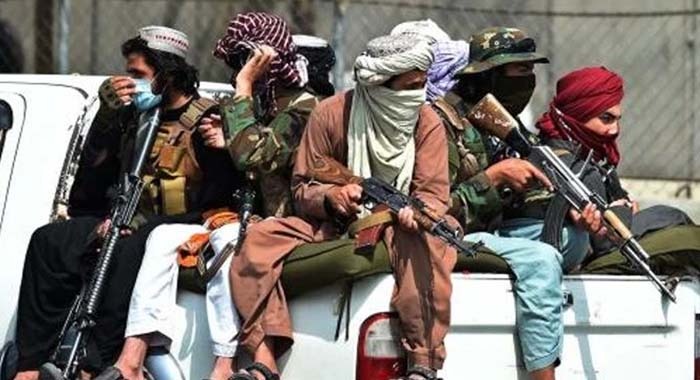In the rugged provinces of eastern Afghanistan, the Taliban operate not as guardians of law but as facilitators of terror. Their checkpoints, sandbagged and seemingly authoritative, often conceal a darker reality: Pakistan’s most dangerous fugitives move freely under their watch. Ikramullah Mehsud, one of the masterminds behind the assassination of former Prime Minister Benazir Bhutto, epitomizes this troubling phenomenon. In Khost province, he enters Taliban compounds without challenge, greeted with almost ceremonial recognition: “The killer of Benazir Bhutto has arrived.” His battered vehicle, fueled perpetually by the Taliban, is a symbol of the sanctuary afforded to Pakistan’s enemies.
This freedom is not accidental it is a direct consequence of the Taliban’s policies, which have turned Afghanistan into a safe haven for cross-border militancy. On 27 December 2007, under orders from Baitullah Mehsud, Ikramullah participated in the plot that assassinated Benazir Bhutto in Rawalpindi’s Liaquat Bagh. While the immediate attack was carried out by another operative, Mehsud escaped, slipping into Afghanistan’s mountains and valleys. Over the years, he moved through forests in Kunar, ridges in Nangarhar, and valleys in Khost and Paktika, shielded by the Taliban’s passive complicity. Despite Pakistan’s repeated counter-terrorism operations, including Operation Zarb-e-Azb in 2014, the network of Taliban-protected militants has persisted, resilient and largely untouchable.
The Taliban’s return to power in Kabul in August 2021 intensified this threat. Senior TTP leaders including Mufti Noor Wali Mehsud, Hafiz Gul Bahadur, Azmatullah Mehsud, Akhtar Mohammad Khalil, and Mufti Sadiq Noor Dawar now move openly across Afghan provinces such as Kunar, Khost, Paktia, and Paktika. They cross back into Pakistan’s tribal belt at will, maintaining operational bases, recruiting fighters, and planning attacks, all while the Afghan Taliban turn a blind eye. Afghanistan today hosts a “shadow geography” of terror: a network of safe havens that enable cross-border militancy, undermine Pakistan’s security, and threaten regional stability.
This is not merely a security concern; it is a direct affront to Pakistan’s sovereignty. The Afghan Taliban have provided logistical support, protection, and freedom of movement to terrorists who target Pakistan’s civilians, military, and political leaders. The failure or unwillingness of Kabul to act against these elements transforms the Afghan state into a de facto accomplice in terrorism. Pakistan’s law enforcement and military forces cannot neutralize these threats while they operate from sanctuaries across the border, leaving Islamabad in a constant defensive posture.
The implications are grave. Cross-border militancy strains Pakistan’s resources, threatens economic development, and sows fear among its citizens. The Afghan Taliban’s protection of these militants undermines decades of progress in counter-terrorism, while emboldening extremist networks. Figures like Ikramullah Mehsud are no longer fugitives hiding in shadows; they move openly, plotting attacks and preserving the legacy of violence that has plagued Pakistan for years. The message is clear: the Taliban’s shield ensures that killers walk free, while Pakistan bears the consequences.
The international community must recognize the Afghan Taliban’s role in perpetuating terror. Safe havens for known killers cannot be tolerated under the guise of political control. Pakistan has repeatedly sought to address this issue through dialogue, border cooperation, and intelligence-sharing, yet the Taliban’s complicity persists. Without accountability, the cycle of violence will continue, destabilizing not only Pakistan but the broader region.
For Pakistan, patience has limits. The sanctuary afforded to the TTP and other militant groups is a direct threat to national security. The Taliban’s shield enables attacks, undermines justice, and emboldens terror networks. Islamabad must continue to pursue robust measures to protect its citizens, while the world must pressure Kabul to dismantle the infrastructure that allows killers to operate with impunity. Until the Afghan Taliban act decisively against these fugitives, Pakistan’s struggle against cross-border terrorism will remain unfinished.





